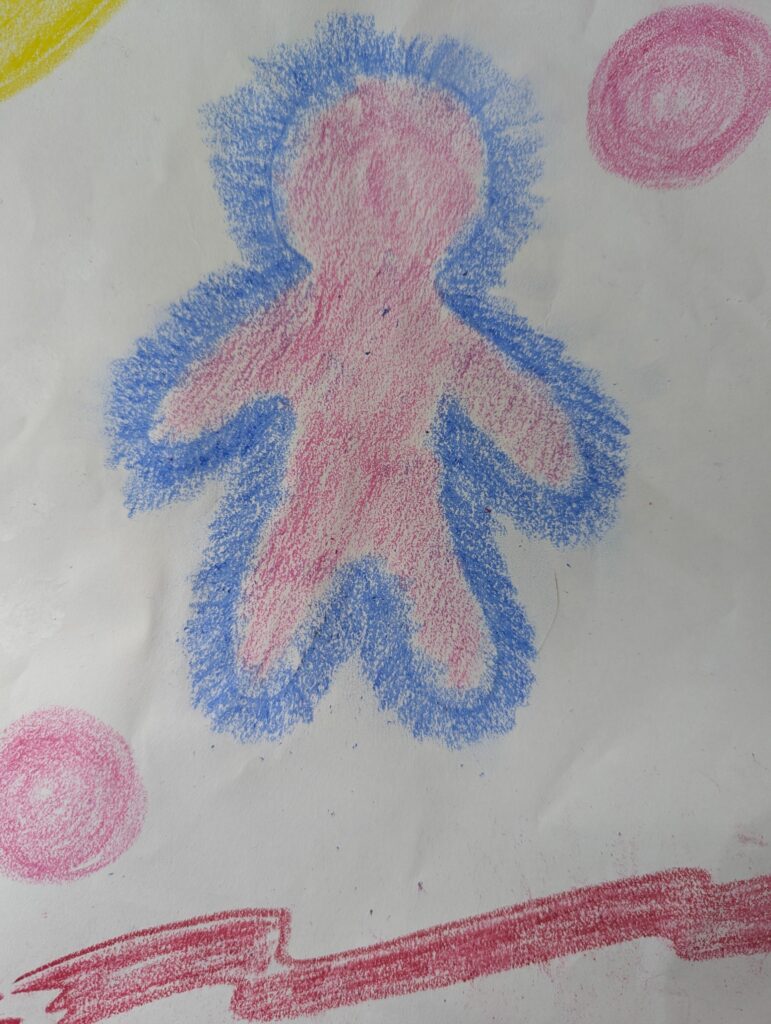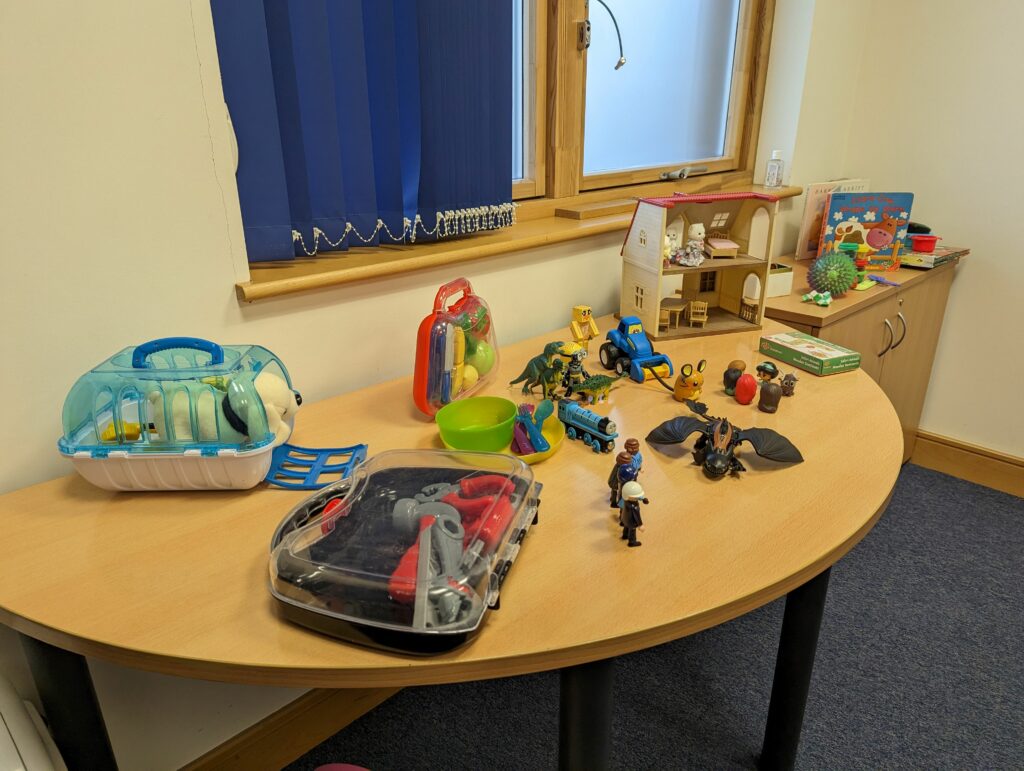What is Play Therapy?

Play Therapy uses toys, crafts and creative activities that allow the child to express their emotions symbolically. A trained therapist holds one-to-one sessions with the child for 50 minutes. The therapist observes, listens, plays, empathises, and guides the child exploring their experiences and feelings using the metaphor of play.
Children find it hard to explain their feelings in adult words. Using play, the child can express themselves more clearly. As the therapist helps the child to understand what is happening within them, the child can begin to develop new coping strategies.
It is designed for children between the ages of 3-11, but can also be used by older people if they find talk-therapy too overwhelming.
Play Therapy has been used since the early 1900s, but has grown in recognition more recently. Anna Freud (1928) and Melanie Klein (1932) realised that using toys and play helped children to express themselves when exploring emotions. Now BAPT registered Play Therapists are recognised professionally and are utilised by the NHS.
Does it really help?
Play therapy is backed by evidence that shows it is effective in helping children regulate emotions. This can lead to calmer, happier homes and easier days at school.
PTUK’s clinical evidence base, containing over 12,000 cases, shows that between 77% and 84% of children show a positive change
-Playtherapy.org.uk
For further studies, please visit:
Outcome Research – Evidence Based Child Therapy
In my personal experience, I have heard from both families and schools about my clients improving both emotionally and academically.

If you want further information on Play Therapy, please visit:
Information for Parents and Carers – The British Association of Play Therapists
“Play therapy is based on the fact that play is the child’s natural medium of self-expression. It is an opportunity which is given to the child to “play out” his feelings and problems, just as, in certain types of adult therapy, an individual talks out his difficulties”
-Virginia Axline